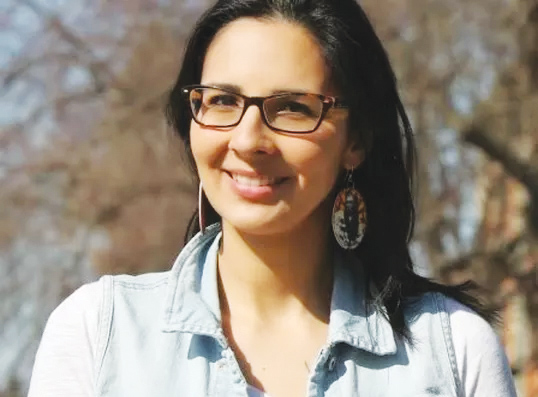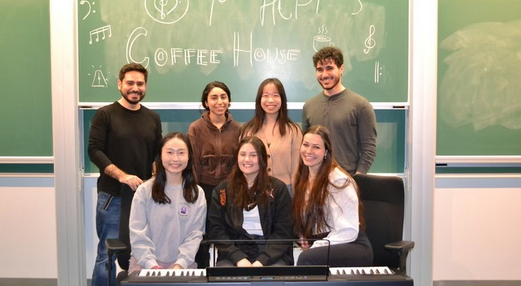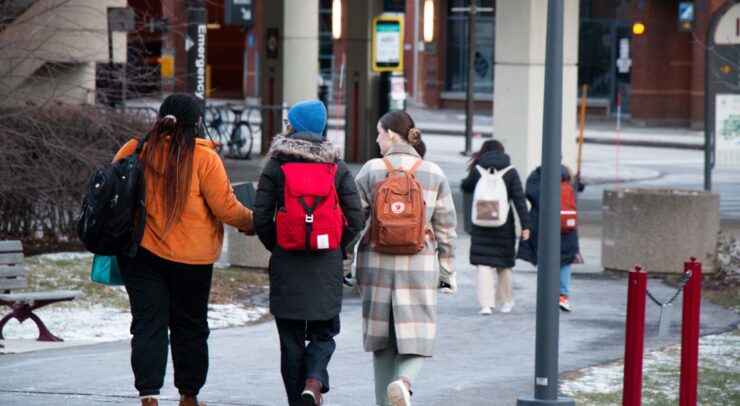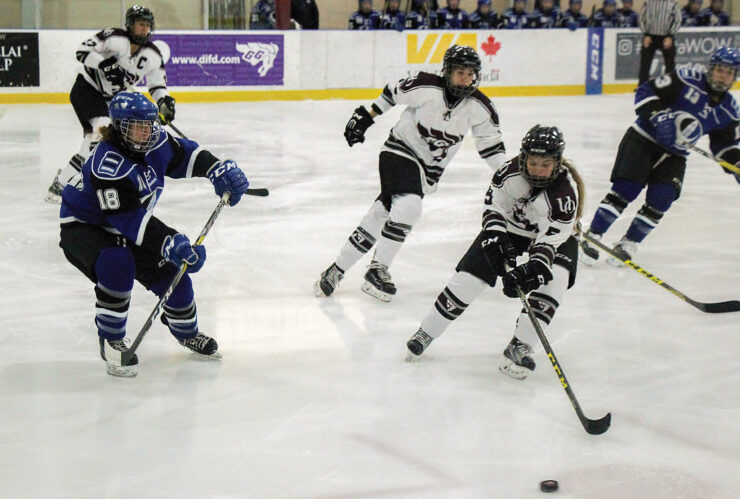Deranger believes we should all fight to prevent climate change
On Sept. 20, the University of Ottawa hosted a discussion with Indigenous activist Eriel Deranger on the impact of climate change on Indigenous communities and how to become an environmental justice advocate.
In addition to her work as a civil rights activist, conservationist, and Indigenous rights leader, Deranger founded Indigenous Climate Action, a group that seeks to train and equip First Nations communities to tackle climate change and threats to their sovereignty.
Deranger hopes to demonstrate that First Nation groups are a vital piece of the puzzle in environmental conservation, saying at the discussion, “Indigenous communities have been at the forefront of the environmental movement, but they are often pushed to the periphery of the climate justice movement.”
During the discussion, Deranger advised students on environmental issues currently facing Indigenous and other communities globally, while highlighting actionable solutions that students can get involved in. Throughout the event, she stressed the importance of understanding and sympathising with the plight of Canada’s native populations.
“I think there is a lot of value in truth and reconciliation. I think that understanding the rights of Indigenous peoples is a very simple thing that people can do. I’m talking about actually getting down to it and learning the stories of these communities,” said Deranger.
According to Deranger, the best way to improve environmental protection programs is by bringing Indigenous concerns and initiatives to the forefront of the conversation. “Climate mitigation … often comes with biodiversity and we need to maintain, restore and protect large tracts of biodiversity if we hope to achieve biodiversity,” she said. “But much of that land falls within Indigenous territories. So there are those direct correlations, yet (Indigenous communities) are not directing those programs”.
Second-year geography student Dylan Sherwood, who attended the panel, said, “I’ve never really been turned on to native rights in this country because it never seemed, to me, like it was my fight. But the way we are dealing with climate change clearly isn’t working.”
“I think tonight proved that it is my fight, and it’s everyone’s fight. Because we all breathe the same air,” said Sherwood.
Claudia Petrovski, a third-year international architecture student from Carleton University said, “I just always felt that the way we approached climate change was really passive. Like you need to use less plastic and use the right shampoo and consume less meat, and I understand that that’s important. But I never felt like that was a way to make any progress, it just slowed everything down.”
“Eriel is a real activist, though—she showed us that there is so much more we can do,” said Petrovski.
Deranger believes that anyone can make a difference in the world, regardless of their background, and that it all starts with understanding and sympathising with the world’s marginalized voices and communities.





